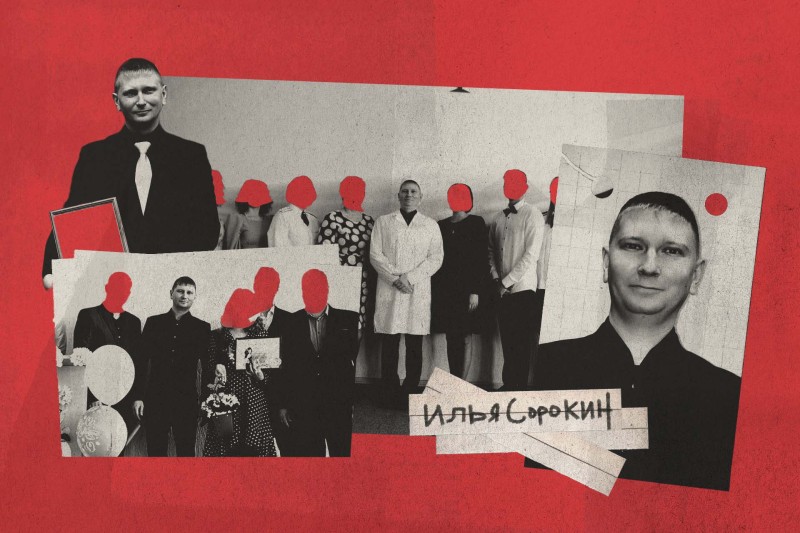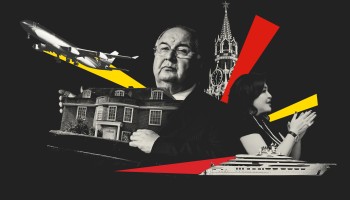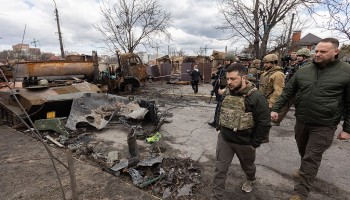Reported by
The European Union has imposed sanctions on Ilya Sorokin, a prison doctor exposed by OCCRP and RFE/RL’s “Schemes” program in July as having systematically humiliated, tortured, and denied medical assistance to Ukrainian prisoners of war.
His name appears in the EU’s latest package of sanctions against Russia, which was approved on Thursday and also bans Russian liquified natural gas imports into the bloc.
In explaining why Sorokin was sanctioned, the EU cited his “inhumane and degrading treatment” of prisoners of war, including physical abuse and electrocution, which it said violated the Geneva Conventions. The EU also referred to several unusual practices highlighted in OCCRP’s reporting on Sorokin, including how he forced detainees to bark like dogs.
Sorokin was a doctor at Penal Colony No. 10 in Russia’s Mordovia region, in charge of treating Ukrainian prisoners of war held captive in the colony, before being drafted into the Russian military in late 2024.
The imposition of the sanctions will freeze any assets Sorokin holds in the European Union and prohibit him from spending money there. However, reporters did not uncover any significant assets held by the doctor, and the sanctions may be more significant for symbolic reasons.
They are part of a larger European sanctions package, the 19th since Russia’s full-scale invasion of Ukraine in 2022, and one seen by observers as a major blow to President Vladimir Putin’s economic interests. The package largely targeted the Russian energy industry, and included a ban on imports of Russian liquefied natural gas.
Just days prior, the U.S. Treasury issued its own sanctions against Russian energy interests, designating two of the country’s largest oil companies. It was the first such measure under the Trump administration.
In response, Dmitry Peskov, the spokesperson for the Russian President, said that Russia was considering its options for “countermeasures,” according to Moscow-based media outlet RBC.
Sorokin did not respond to requests for comment on Friday, but before the investigation was published he told journalists that he did not work at the penal colony. He briefly denied claims he had tortured prisoners, before ending the conversation.
Sorokin was also highlighted in a September report by the UN Special Rapporteur on Human Rights in the Russian Federation, Mariana Katzarova, who documented what she called a “relentless deterioration” of the human rights situation in Russia.
Katzarova used Sorokin as an example of the participation of Russian medical personnel in torture in detention facilities. She noted that his actions may have contributed to the deaths of prisoners from medical neglect, as reported by RFE/RL and OCCRP.
“When prisoners requested medical help, the paramedic subjected them to shocks while mocking their pain,” Katzarova wrote.






